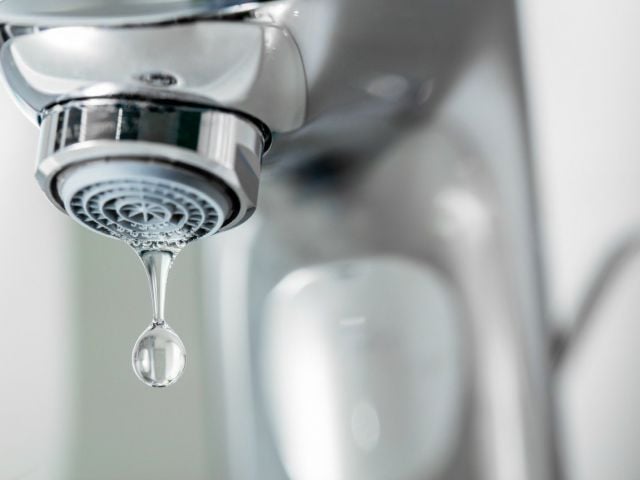WASHINGTON – The draft interim recommendations for cleanup of the toxic fluorinated chemicals known as PFAS, announced today by Environmental Protection Agency chief Andrew Wheeler, are a woefully inadequate response to the growing nationwide crisis of drinking water contaminated with PFAS, said EWG Senior Scientist David Andrews.
“This proposal is not a serious response to a drinking water contamination crisis that has already ballooned out of control,” said Andrews. “It is a Band-Aid, at best, that does essentially nothing to help the hundreds – perhaps thousands – of communities, in almost every state, with contaminated tap water. Americans need real and swift action to address this crisis, not more toothless proposals from the Trump administration.”
Wheeler’s proposal falls short in three significant ways:
- It does not declare PFAS chemicals to be hazardous substances under the Superfund cleanup law.
- It does not legally require the chemical industry or Pentagon to clean up contaminated industrial sites, dumps or military facilities.
- It recommends cleanup of groundwater to 70 or 40 parts per trillion, or ppt, based on EPA’s non-binding lifetime health advisory level for drinking water. Studies by the federal Agency for Toxic Substances and Disease Control, scientists for a number of states, and private researchers have found that those levels are far too high to protect public health. Many states, such as New Jersey, New York and Vermont, have proposed drinking water and groundwater standards at or near 20 ppt for the combined level of PFOA and PFOS – the two most notorious of the hundreds of PFAS chemicals in current use.
EWG has called on the Trump administration and Congress to take a series of steps to protect the public from further exposure to PFAS chemicals, including directing the military to quickly clean up contaminated bases, make polluters pay their fair share, add PFAS to the Superfund cleanup law and set an enforceable, health-protective limit for tap water.
###
The Environmental Working Group is a nonprofit, non-partisan organization that empowers people to live healthier lives in a healthier environment. Through research, advocacy and unique education tools, EWG drives consumer choice and civic action.



